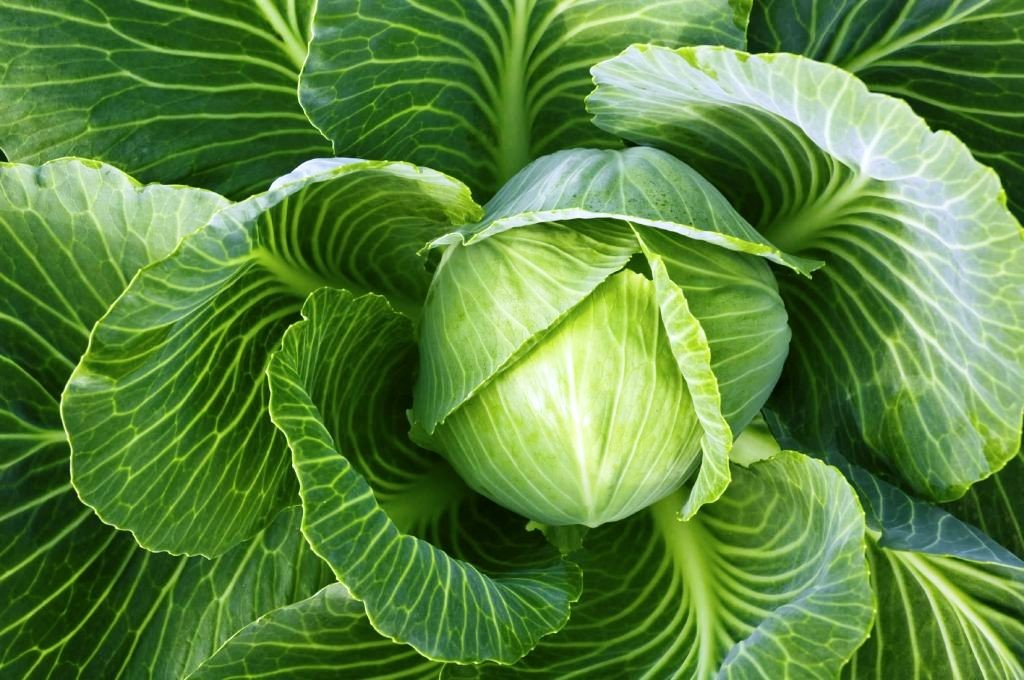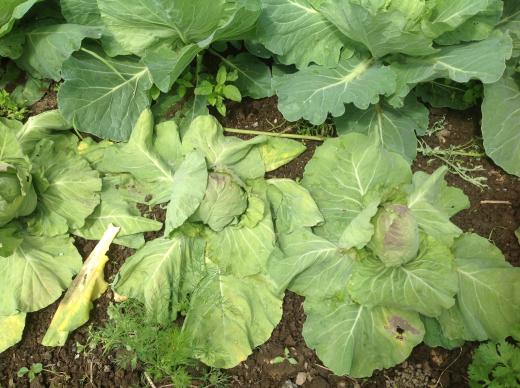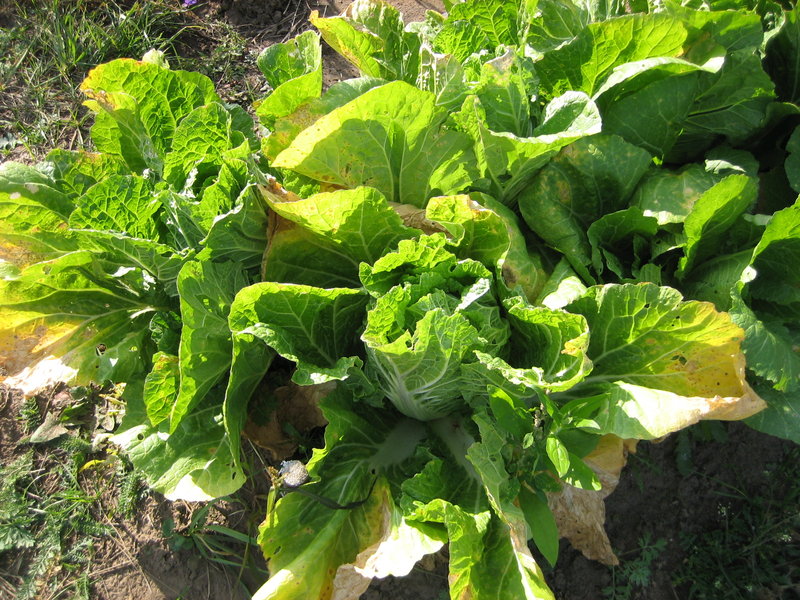Why cabbage leaves wither and how to deal with it
Content
Causes
Like any plant, cabbage has its own characteristics of cultivation, varieties and diseases. The choice of cabbage variety for planting is the least of all problems, since each gardener independently chooses it depending on the further purposes of using the vegetable: the use of early cabbage in salads, medium varieties and winter varieties for pickling or sourdough. Most of the problems for gardeners arise with diseases that are very "fond" of cabbage leaves. You will learn about why such a problem occurs and how to deal with it in our article.
Very often, gardeners are faced with the problem of cabbage leaves withering, while maximum care is provided: you regularly fertilize with mineral fertilizers and water only in sunny weather. The cause of this phenomenon is often a fungal disease - keela.
To make the right decision in terms of combating the disease, dig up the plant and carefully examine its root system. If you see whitish-yellowish growths on the thin roots of the plant, then the reason that the cabbage leaves wither is the keel. This disease affects the roots of both seedlings and adult fruits. Irregular growths and swellings of various sizes on the roots, withering leaves and yellowed heads of cabbage are a visual manifestation of the disease. With the development of the lesion, the growths rot, acquire a dark shade and collapse, infecting the soil with spores. Spores remain viable for 4-6 years.
The development of the disease is facilitated by increased soil moisture and acidity, as well as soil temperature in the range of 18-24 degrees Celsius. If the soil temperature drops to +15, the humidity drops to 50% or rises to 98%, the spores die. The disease is manifested by wilting of the leaves of seedlings, and the head of cabbage gradually turns yellow and acquires a loose structure. If the seedlings are affected, then they completely die.
Treatment methods
To prevent the identified disease from spreading to healthy crops, you should work on the affected area with a separate tool, in special shoes and gloves. After work, be sure to thoroughly rinse the tool and work shoes in running water. In order to prevent rotting and decomposition of the root system, the affected stumps must be doused with gasoline and burned. It is desirable that the flame be bright and without smoke, since spores can scatter to new territories with the smoke. Of course, it is not possible to collect all the affected roots and spores, but the more thoroughly you remove, the less the infection will spread.
For the next season, crops susceptible to the disease should not be planted in this place and the surrounding area. Weeds in the garden bed and furrows remain an equally important issue. Be sure to remove all weeds in a timely manner. On this site it is better to plant leafy, fruiting or vegetable crops next year, but root crops should not be planted at all.
It will take more than one year to "cure" the soil, but the cultivation of some vegetable crops will accelerate the death of the fungal disease. The "orderlies" include tomatoes, potatoes, onions and garlic, as well as representatives of the Haze family. For three years, nightshade crops completely get rid of the keel. But liliaceous crops and haze crops will clear the soil even faster - in two years.The most effective pair, however, is tomato and spring garlic. To check the soil for cleanliness, sow Chinese cabbage on the problem area. Dig up the plant gradually at every stage of growth, from the first true leaves to the head of cabbage. If you find at least one "bead" of the parasite, then the treatment of the soil should be extended until the next season.
Video "Practical tips for growing"
Prophylaxis
For the purpose of prevention, observe the crop rotation and plant the cabbage in its original place only after 5-6 years. The key to a healthy harvest is healthy seedlings. Therefore, the first rule is soil disinfection. For disinfection, bleach is used, and after harvesting, dry lime is embedded in the ground at the rate of 100-200 grams per square meter. Lime can be replaced with dolomite flour, as it will give the soil additional trace elements. The second stage is seed preparation. For this, the seeds are kept in an immunostimulant or simply in warm water (48-50 degrees Celsius) for 20 minutes. After water procedures, the seeds should be well dried.
By following simple recommendations, you will be able to notice problems in time and take effective measures to combat the disease in order to end up with a bountiful harvest of white cabbage.
The third stage is landing. A week before planting seedlings, treat the soil with Bordeaux liquid (10 liters of water 10 tablespoons), and then sprinkle each hole with wood ash. Seedlings can be treated with milk of lime (1 tbsp. Lime for 1 bucket of oxen) at the rate of 0.5 liters of liquid for each bush. During the growing season, after the soil has been moistened with watering or top dressing, it is important to loosen it, since it contributes to the development of the root system of the vegetable, which means that the resistance to such a disease as keel will be much higher.
Video "Growing cabbage according to the rules"
If you don't want to see the wilting of your cabbage leaves, then don't miss the next video.



